The second open session discussed the experts' assessment of the historic meeting between U.S. President Donald Trump and North Korean leader Kim Jong Un on June 12 in Singapore, and its impact on the future of the Korean Peninsula.
It was Trump who made the summit happen
Sheen Seong-ho, a professor of international security and East Asia at Seoul National University, said Trump appeared to have been satisfied with how the meeting with North Korea's Kim turned out, particularly after his sour meeting with leaders of the Group of Seven in Canada just prior to the Singapore summit. Sheen said he was somewhat disappointed with the meeting as he had hoped to see an agreement for a "complete, verifiable, irreversible dismantlement" of North Korea's nuclear arms. But he also noted that the summit was made possible because of Trump. "This meeting was realized because it was Trump. The Obama administration would not have been able to do it. Trump's diplomacy may have its critics, but it's a unique style, where he makes his own decisions based on his own criteria. Kim Jong Un grabbed this opportunity with both hands," he said. Sheen, however, expressed concern over Trump's casual mention of halting joint military exercises in South Korea as having a grave impact on the U.S. alliance with other countries.
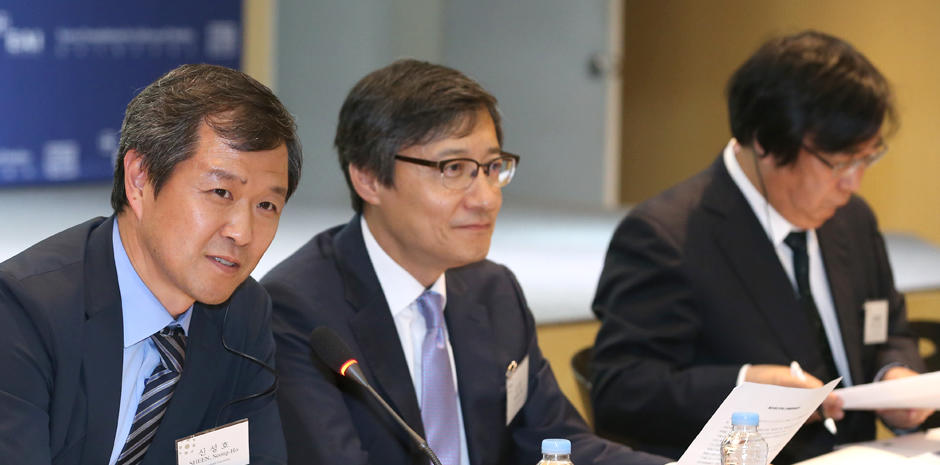
Can denuclearization and peace process take place simultaneously?
Shin Kawashima, a professor at the Graduate School of Arts and Sciences of Tokyo University, expressed concern over how the denuclearization process was based only on building mutual trust between the United States and North Korea with nothing concrete on the table about how to go about it. "This agreement can be said to be a part of the 'process.' It remains to be seen if it is possible to execute this process, given the issue of the continuity of individual officials in charge in the Trump administration," Kawashima said. It is unclear what kind of guarantee is to be provided for what kind of act of denuclearization, whether it be a political, security or economic guarantee, he said.
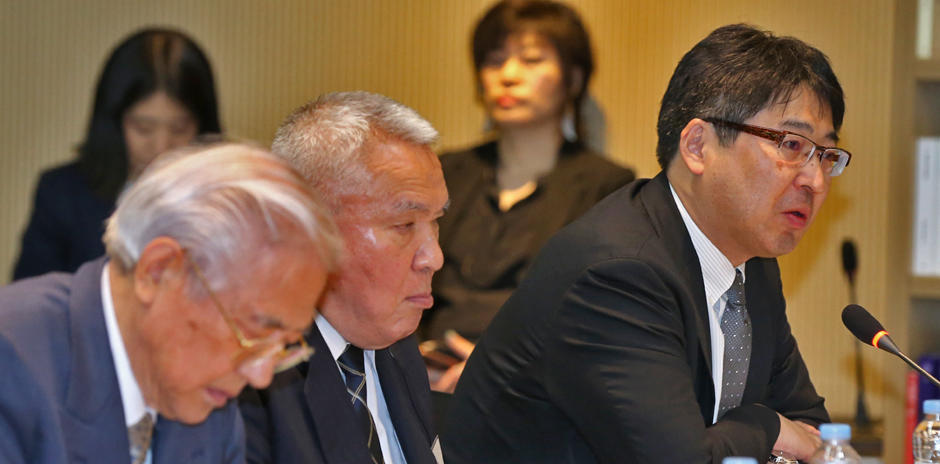
Japan cannot remain a bystander to the North Korean issue
Japan has maintained that a complete denuclearization and resolution of the issue of Japanese citizens abducted from Japan by agents of the North Korean government were the prerequisites for economic aid to North Korea. Hence the recent developments surrounding Pyongyang and concerned parties have come as a great shock for Japan, Kawashima said. But the Abe administration cannot avoid addressing this issue, as Japan will most likely be asked to contribute to the denuclearization and peace process, which may include economic aid, he said.
If the Korean War officially ends, the United Nations Command will no longer be deployed and U.S. forces will most likely scale back their presence in the region. This would impact the entire security of East Asia and Japan must engage in direct dialogue with North Korea, Kawashima said. Kim Jong Un repeatedly visited Beijing in recent weeks, indicating the close ties between Pyongyang and Beijing, as well as Beijing's commitment to support Kim's regime. Kawashima pointed out Kim's declaration of the country's emphasis on developing its economy and China's implication that it may lift its economic sanctions against North Korea, as an example of how the Abe administration needs to engage not only in building a bilateral relationship with Pyongyang but to be involved in a larger framework for East Asia.
Failing to denuclearize Pyongyang is tantamount to opening Pandora's box
Yoji Koda, a retired vice admiral of the Japan Maritime Self-Defense Force, warned that the United States should not repeat the mistake it made in 2012 of reaching a denuclearization agreement but failing to see it through. "Trump is the one who will be able to force North Korea's hand to make sure it does," Koda said. "Preventing North Korea from arming itself with nuclear weapons is to prevent it from turning the key to nuclear proliferation, as that would lead to the destruction of humankind. We must make sure that Pandora's box will never be opened," he said.
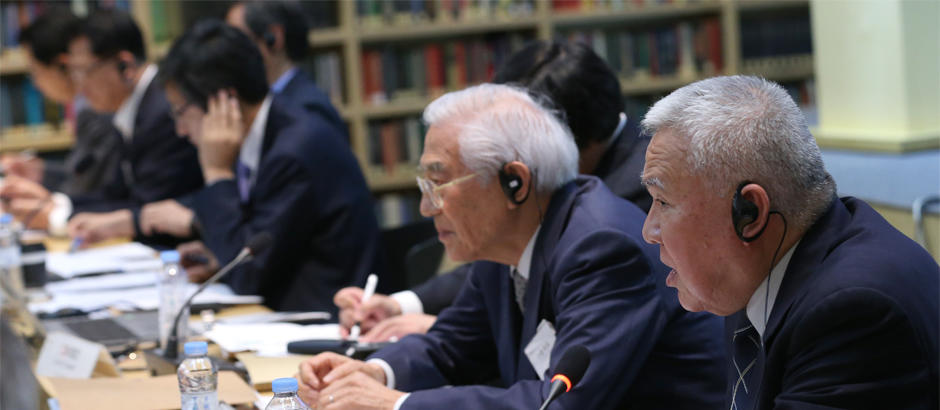
Japan and South Korea need to overcome the "historical issue" to strengthen its partnership and cooperate to pressure North Korea
Moon Seong-mook, director of the Unification Strategy Center at the Korea Research Institute for National Security listed three points as fruits of the Trump-Kim summit. First was that they were able to confirm each other's position on the issue; second was agreeing to improve bilateral relations and denuclearization of the Korean Peninsula; and third was being able to persuade a dictator to step into the sharp focus of the international community. But Moon said he was shocked by how Trump casually mentioned the cancellation of joint U.S.-South Korea military exercises during a news conference, saying that a fundamental resolution has become even more difficult and that the remark may have left room for the possibility of a failed denuclearization attempt.
Moon said Japan and South Korea can cooperate not only on economic matters but on conducting various reforms and strengthening bilateral security cooperation until the nuclear threat is completely negated. In order to do so, the two countries must try to work toward building a more trusting relationship, despite the differing perception of history and other thorny issues, and work together to convince North Korea to resolve various issues, including that of the Japanese abductees.
"Victory of power diplomacy" should not be acknowledged
Kazuo Ogoura, former president of The Japan Foundation, pointed out "a gap" between the United States and North Korea where Pyongyang claims it will act in good faith if Washington does the same, while the United States says it will take action if North Korea proves itself worthy of U.S. trust. "Both countries claim it as a 'victory of power diplomacy' but we can't allow this to occur elsewhere in the world," Ogoura said.
Shin Kak-soo, director of the Center for International Law of the Korea National Diplomatic Academy and a former South Korean ambassador to Japan, said the "first button of trust has been fastened halfway." But ultimately, it appears that it was the gradual denuclearization as sought by North Korea that was confirmed. "We should seriously consider that we may have crossed a bridge, and we can never turn around and go back," Shin said, and urged the international community to make sure a complete, verifiable, irreversible dismantlement of the North's nuclear capability does take place. He further pointed out that a time limit should be set, since without a definitive time frame, North Korea could in the meantime continue its nuclear development, and that it should be made to abandon its nuclear arsenal from past developments along with current nuclear weapons. Shin also said that a clear road map for lifting sanctions should be prepared as part of future negotiations, as there were many different forms of sanctions.
Yoshihide Soeda, a professor at the Faculty of Law and Political Science at Keio University, approved of the very fact that the leaders of the United States and North Korea managed to meet and reach some form of agreement, and said it was important to build a trusting relationship between the two countries, as well as a peace framework and go forward with denuclearization.
Lee Dae-gun, senior editor of the major South Korean daily Kyunghyang Shinmun, said Kim's pledge to denuclearize his country could be trusted to a certain extent as there appears to be no advantage to be gained from trying to con the international community. What is now important is for the other countries to come up with conditions for denuclearization. "The summit was a win for both countries," he said.
Keio University's Junya Nishino said Japan lays emphasis on denuclearization and the issue of the abductees, while South Korea emphasizes denuclearization and easing tensions on the Korean Peninsula, and that we all should be aware of the fact that the two countries will not see eye to eye in their evaluation of the summit based on these differing values.
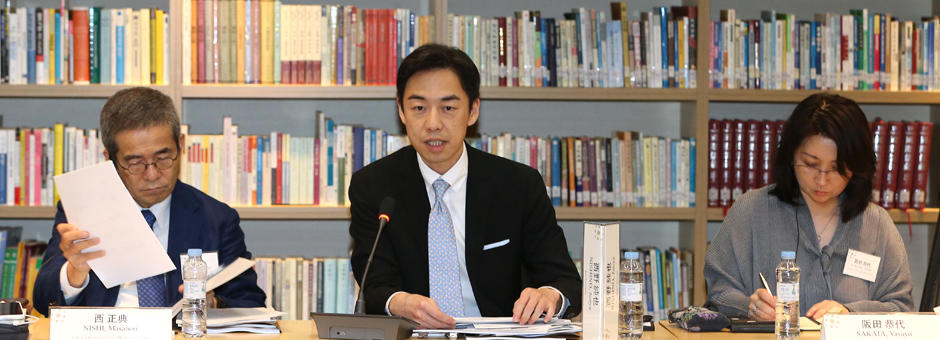
Pyongyang's nuclear missile development is to buy time for regime survival
Masanori Nishi, a former Japanese vice defense minister, said the summit has no clear definition or agreement and is like "floating in the air." Only Trump and Kim get to decide, and if one side makes an arbitrary decision, the other side will merely blame his counterpart and refuse to go through with their side of the deal. Trump appears to have played most of his cards, so unless Kim is ready to deliver equally appealing gifts, Trump may lose patience and re-create military tension. There will then be a flurry of activity to ease the tension and the world was likely to see a repeat of this formula for a while, Nishi said. Nishi also pointed out that unlike Kim, Trump will not be in office for life, so the international community needs to keep a close eye on how things develop between the two leaders.
Furthermore, Nishi explained that the reason North Korea has been developing nuclear arms is solely for the purpose of deterrence, and that the time it manages to buy with this deterrence is used to make sure that Kim's regime will survive. Pyongyang may try to conduct this kind of negotiation with other countries, including Russia, China, South Korea and Japan, brandishing its nuclear sword again to trigger similar negotiations with them, Nishi said.
Park In-guk, president of the Korea Foundation for Advanced Studies, said the U.S.-North Korea summit was a success, but that the strategic benefit for the United States, and the Japanese and South Korean views on security are different. With the road map on denuclearizing North Korea still to be drawn, he expressed concern over Trump's declaration to withdraw U.S. forces from South Korea, an issue that should normally come at the end of this process.
What can Japan and South Korea do to build peace in Northeast Asia?
The session was then opened to the floor and one participant asked what Japan can do to build peace in Northeast Asia. Nishino from Keio University responded that cooperation between Japan and South Korea will become instrumental particularly when the United States decides to shrink its presence in the region. While the main players in the recent negotiations may be the United States, China and the two Koreas, Japan must cooperate from the standpoint of building peace in the Northeast Asia region and Tokyo must express approval for a new order on the Korean Peninsula. Establishing relationships with North Korea and Russia has been "Japan's diplomatic homework since the end of World War II, and an issue that Japan's diplomacy must overcome," he said.
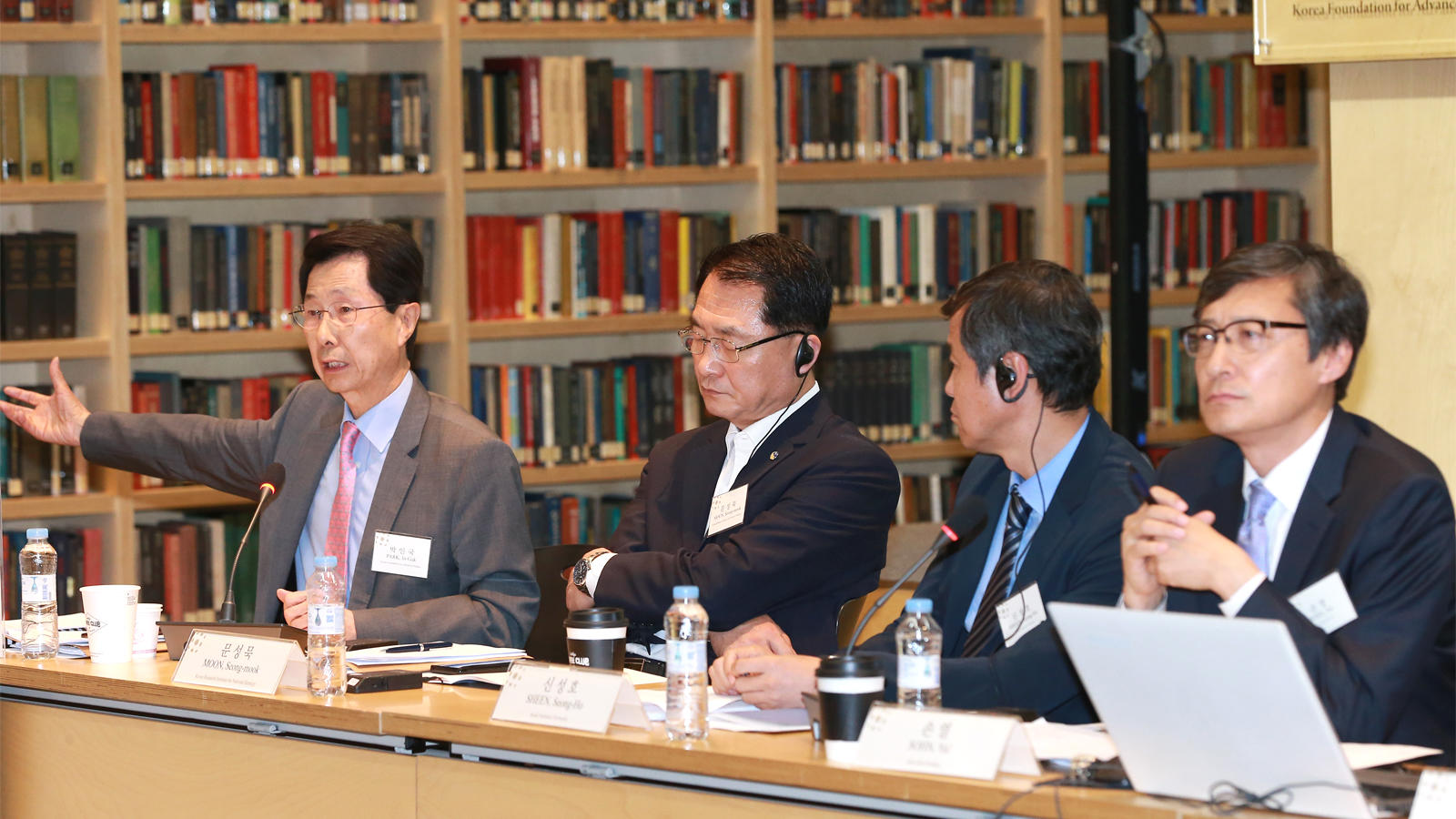
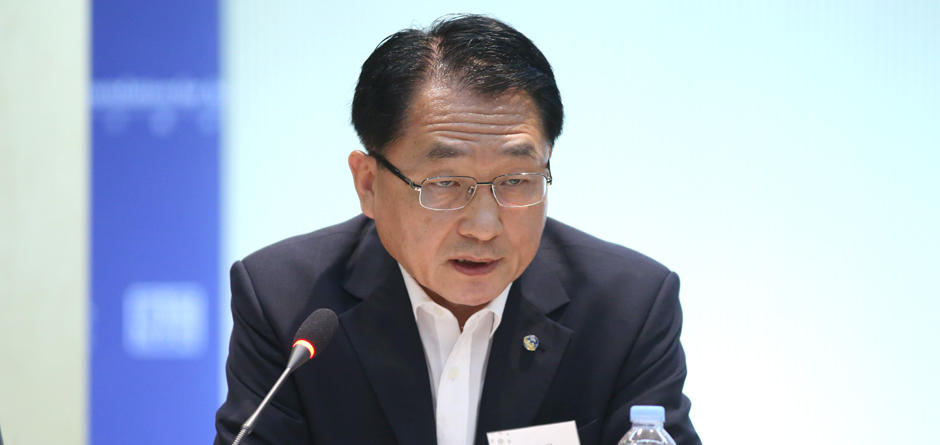
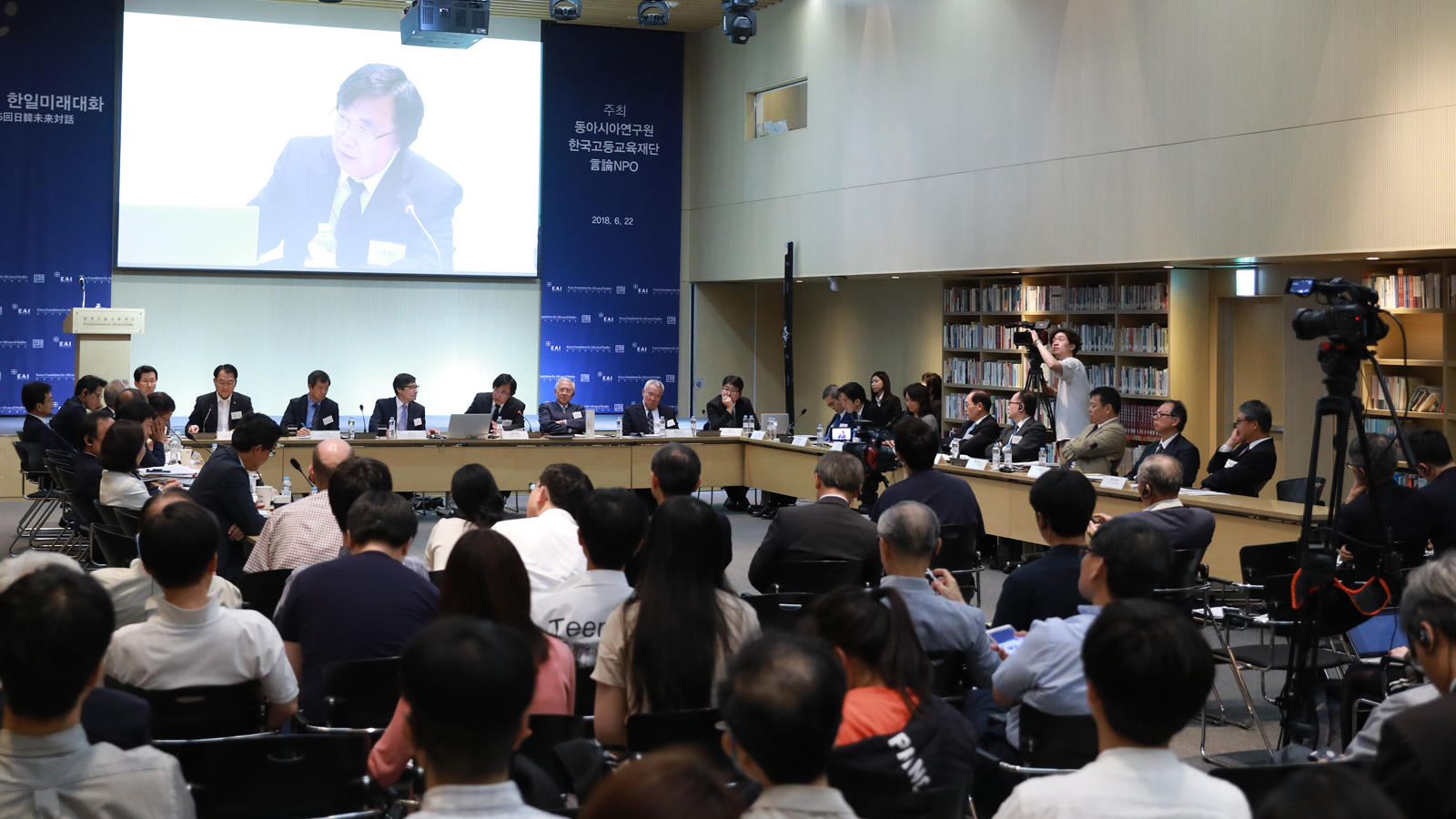
Post a comment